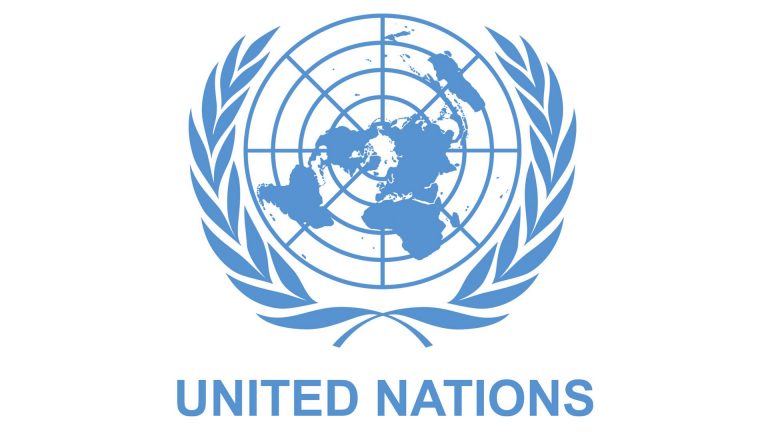The United Nations High Commissioner for Refugees, the UN Refugee Agency, and the World Health Organisation have warned about the worsening health situation caused by the Sudan crisis.
The UN agencies made this known in a joint press statement on Tuesday.
According to UNHCR teams in Sudan’s White Nile state, more than 1,200 refugee children under five had died in nine camps in the period between May 15 and September 14, due to a deadly combination of a suspected measles outbreak and high malnutrition.
UNHCR also said over 3,100 suspected cases were reported in the same period and more than 500 suspected cases of cholera had been reported in other parts of the country, along with outbreaks of dengue and malaria, in a context of increased epidemic risk and challenges for epidemic control.
On Saturday, April 15, fighting broke out in Khartoum, Sudan, between the Sudanese Armed Forces and the Rapid Support Forces.
The war has displaced over four million people, including thousands who have been forced to flee across international borders.
“The world has the means and the money to prevent every one of these deaths from measles or malnutrition,” the United Nations High Commissioner for Refugees, Filippo Grandi, said today.
“And yet dozens of children are dying every day – a result of this devastating conflict and a lack of global attention. We can prevent more deaths, but need money for the response, access to those in need, and above all, an end to the fighting”, he added.
Health facilities are at breaking point, due to shortages of staff, life-saving medicine and critical equipment, exacerbating current outbreaks and causing unnecessary deaths. Repeated attacks on health since the beginning of the conflict, including on personnel, patients and transportation of medical supplies, are also restricting the delivery of health services.
“Local health workers, with the help of WHO and partners, are doing all they can, in very difficult conditions. But they desperately need the support of the international community to prevent further deaths and the spread of outbreaks”, said WHO Director-General, Dr Tedros Ghebreyesus, adding “We call on donors to be generous and on the warring parties to protect health workers and access to health for all those who need it.”
The statement noted that in Renk, South Sudan, humanitarian partners report increasing cases of children arriving with measles and high rates of malnutrition from Sudan, mainly from White Nile.
It added that acute respiratory infections, diarrhoea, and malaria remain the three most frequent illnesses among children.
Access to clean drinking water is also a major challenge, with families only receiving five litres per person, only one-third of what is recommended.
It said UNHCR, WHO and partners were working to provide in urgent assistance inside Sudan and across borders and prevent more deaths.
